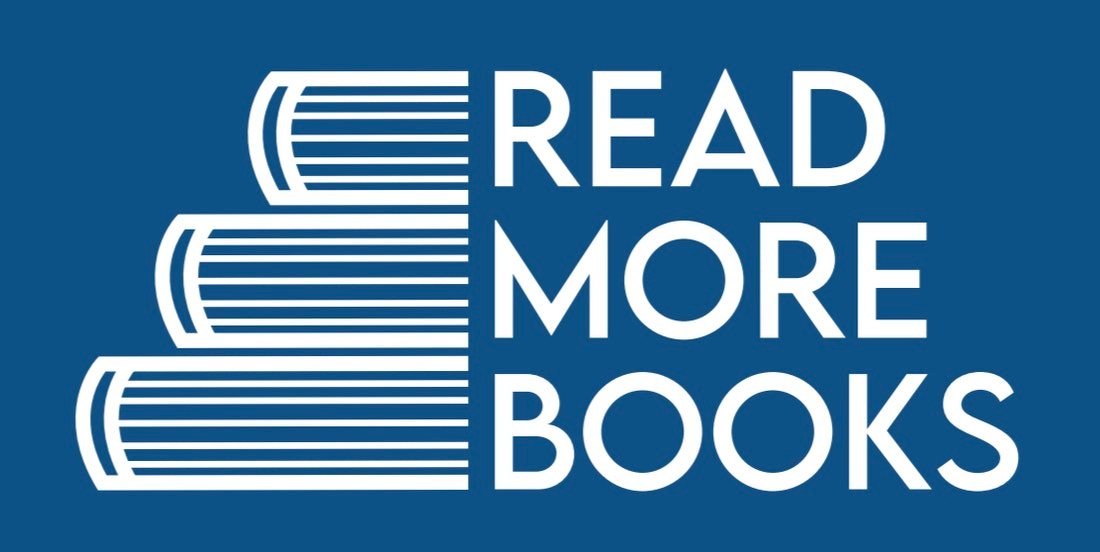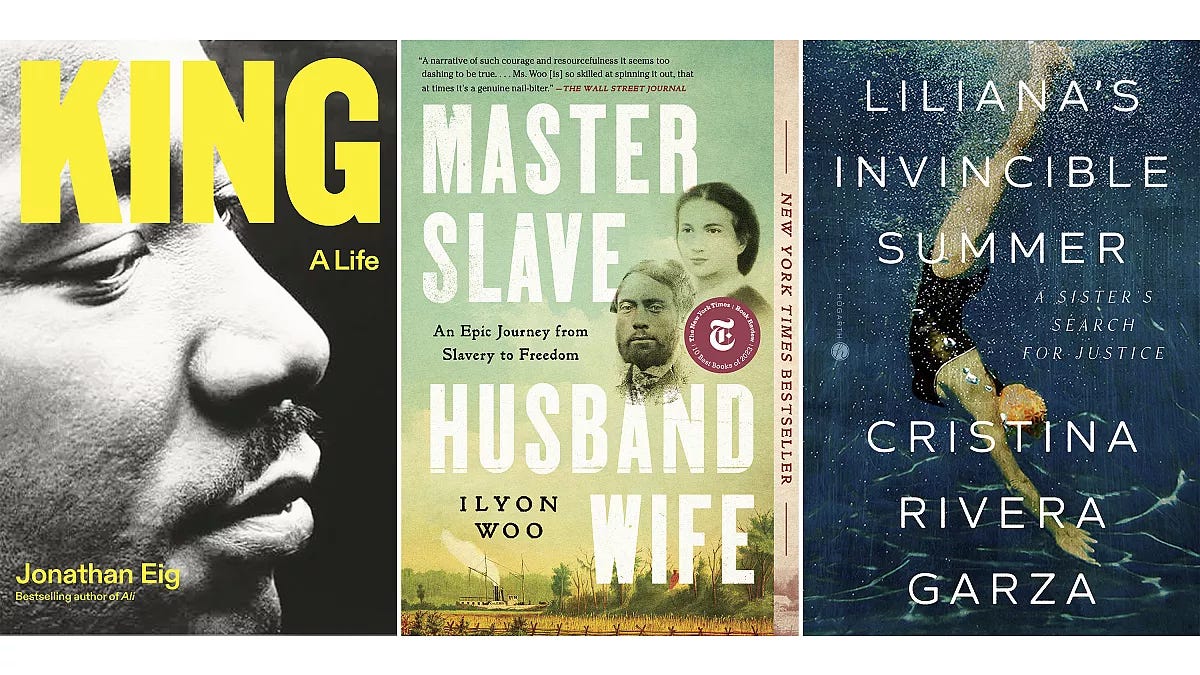What to Read Next: What does it mean to be a parent?
Issue #332, including a Pulitzer Project update
Happy Friday, readers!
While last week’s books centered on the theme of what it means to be human, this week’s books narrow in on one slice of the human experience: being a parent. One book is a Pulitzer-winning novel from over 100 years ago; the other is a practical-minded new book that’s been popular on the parenting web. I also have a quick update for you on my Pulitzer project.
Let’s jump right to it!
Quick Pulitzer Project Update
Since I announced my Pulitzer Project last summer, I’ve read about a dozen prize-winning titles from my megalist. It’s not a bad pace, but not quite what I was hoping for. The non-fiction titles, especially, can be a bit of a drag to get through.
So, to get some momentum, I’m going to focus on the fiction winners for a while, moving chronologically from the very first winner in 1918. That book, His Family, is featured in today’s newsletter. With 98 titles on that particular list, including 19 that I’ve already read, I should get through all of them in ~2 years while still having room for other reading.
His Family by Ernest Poole
Had he not won the very first Pulitzer Prize for Fiction, Ernest Poole’s name would assuredly be lost to history. I hadn’t heard of him before compiling my list and his books are not easy to find, even in libraries. There’s no Penguin Classics edition or modern commentary. And most reviews — which are almost always from folks embarking on a similar Pulitzer project — call His Family mediocre and hardly worthy of the prize. Yikes.
Understandably, then, I wasn’t very excited to read it. All signs pointed to an uninspiring reading experience.
Lo and behold, the internet was dead wrong. I shoulda known. I really enjoyed His Family and found it completely worthy of the prize that seeks to reward quality prose and meaningful storytelling about a unique facet of American life.
Protagonist Roger Gale is widowed and trying to figure out what it means to be a parent to three adult women, without his late wife by side. I expected flat female characters, but Edith, Deborah, and Laura are independent and well-rounded — they all felt very real. As World War I looms, change is in the air for this well-off family. Edith is having more children, Deborah’s career is taking off, and Laura is being enticed by young love.
Roger, as every parent does, tries to balance empathy with meddling. He generally has a hard time knowing how to respond and react to his adult children (which is not yet something I have personal experience with, but can easily imagine). How much should he just let them live their lives? How often should he speak up? How can he take better advantage of their precious few personal moments together? How can he be the best version of himself for each of their distinct personalities and needs?
Sure, it’s a little dated, but I never struggled to pick it up or keep turning the pages of His Family. It’s touching, relatable, and digs into the most universal and everlasting themes of change, aging, love, and legacy. This is a wonderful book that anyone with an interest in family stories can enjoy.
Good Inside: A Guide to Becoming the Parent You Want to Be by Dr. Becky Kennedy
Dr. Becky Kennedy is well-known in certain corners of the internet for her parenting advice. She’s a clinical psychologist whose overarching framework is that all kids (and their parents) are good on the inside. Everything she writes stems from that primary philosophy. None of the behavioral issues or frustrations that arise in our parenting journey make us bad parents, nor do they make our progeny bad kids. Ultimately, we’re all just trying to figure out how to be decent humans in this world, and we’re all doing it at the same time as everyone else.
In Good Inside, Dr. Becky (as she’s usually called) provides us with her 10 principles of parenting, followed by a series of specific cases and interactions in which to apply those 10 ideas. Jane and I listened to this book together and both found the first part more helpful than the second. The big ideas of “Good Inside,” “Know Your Job,” “Resilience > Happiness,” “Increase Connection,” etc. actually felt more applicable than the specific cases Dr. Becky highlights in the second half of the book. Those principles have really stuck with us and led to generally calmer interactions and more win-win situations when we all feel annoyed with each other.
The back half was still good, but every kid and every parenting situation is so different that her dialogue examples and interactive questions actually felt a touch forced and unrelatable at times.
Sure, some parts made me roll my eyes, but the same thing is true of literally every parenting book I’ve read. It’s just not a genre I’m into. That said, Good Inside is definitely a worthy read and can be valuable to anyone who interacts with kids on a regular basis.
Thanks so much for your attention and inbox space. I deeply appreciate it.
-Jeremy







I love hearing about a book/author I've never heard of. Just found the Kindle version of His Family free. Thanks!
Thanks Jeremy. I am reading Good Inside right now too. I just started reading the second section two days ago. As an educator, I’ve seen adults (and children) in the same situations that Becky describes in the second section😂 - it’s not just a pertinent read for parents, but also for people who work with children day in and day out.
Next on my list is Work, Parent, Thrive by Yael Schonbrun.